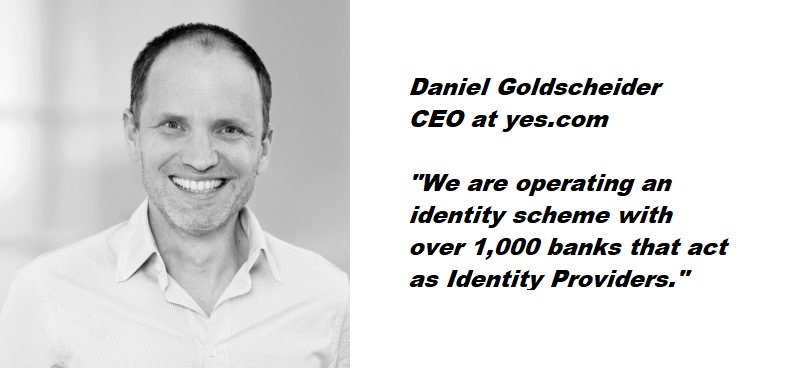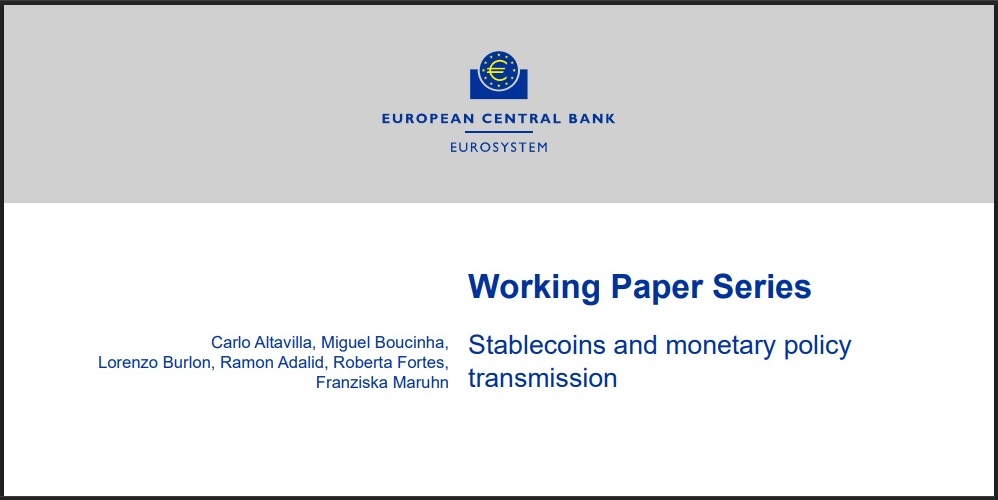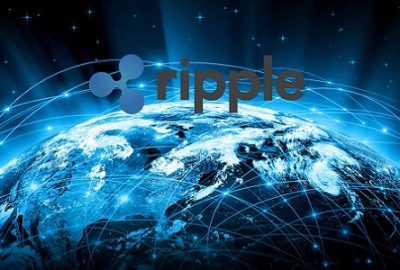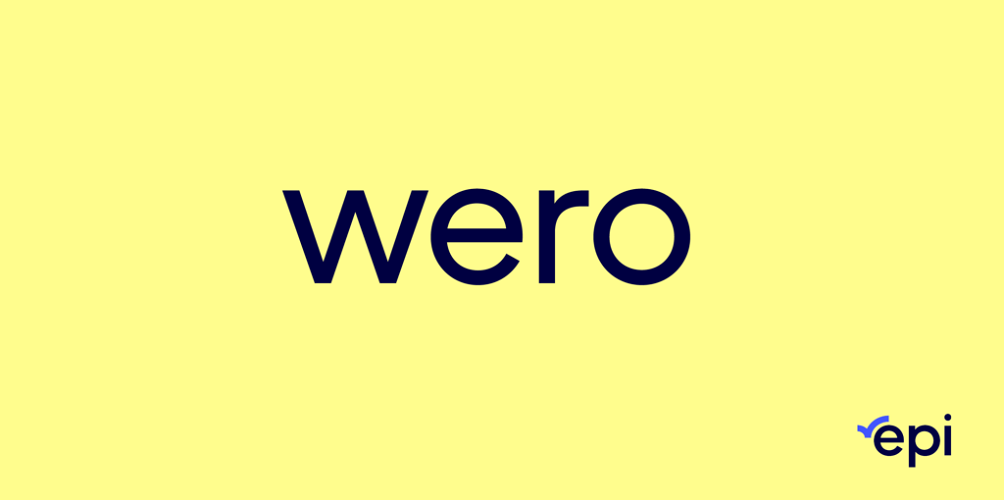The GAIN initiative – a starting point to prove the ideas of an interoperable network

Ahead of the International fintech conference Banking 4.0, The Paypers sat with Daniel Goldscheider, CEO of Yes.com to find out why banks have the potential to be the natural providers of digital IDs and why they should work together to balance the impact bigtechs have on consumers’ (use of) data/ data privacy. Daniel will deliver a keynote speech at Banking 4.0.
There are already many bank-centric digital identity initiatives like Itsme in Belgium, Mastercard Digital Identity in the US, and Verified.Me in Canada. Some banks like the Raiffeisen Banken Volksbanken and Sparkassen in Germany prefer to act as identity providers directly. What can we learn/apply from these projects if we are to create a global bank identity scheme?
That one size doesn’t fit all. IDPs use a lot of different architectures, standards, and trust frameworks. I believe that we need interoperability to create a trust network that is open and inclusive. A lot of great work has been done already. OAuth and OIDC are used around the world and many people work hard to agree on open global standards for SSI (Self Sovereign Identity) and Electronic Signatures. This brings us closer to shared tools. What’s largely missing are shared rules to achieve a true scheme.
Strictly referring to Europe, how are PSD2, Open Banking, and eIDAS converging to support the creation of an interoperable digital identity scheme? Can GDPR become a blocker?
eIDAS, GDPR and PSD2 are important pillars but they are all European. This is a lot better than unilateral approaches of individual nations, but a global scheme needs to link providers in the EU with Relying Parties outside Europe and vice versa. That is one of the reasons why we focus on interoperability rather than complete harmonisation. It’s more realistic to achieve in a useful timeframe.
What role does your Yes.com play in building an interoperable identity ecosystem and what other companies would you see complementary to your work?
We are operating an identity scheme with over 1,000 banks that act as Identity Providers. yes.com is a small company but has contributed a lot to open standards. We hope that this will be a basis for cooperation of many companies around the world.
You have recently joined the GAIN initiative. Please tell us more about it.
One of our board members, Gottfried Leibbrandt suggested a white paper. We wanted to write something that wasn’t aspirational but concrete enough to serve as a starting point to prove the ideas of an interoperable network. We had hoped that this would become a neutral effort but were floored by the response. Every week experts joined, and we ended up with over 150 authors including some of the world’s biggest names in identity. All without egos, logos or a single cent changing hands. Don called it an experiment in radical democracy, and I think it went pretty well. I hope that GAIN will evolve to become a discussion forum of leading non-profit organisations to create the underpinnings we need without becoming yet another organisation itself.
The article in full here
Dariusz Mazurkiewicz – CEO at BLIK Polish Payment Standard
Banking 4.0 – „how was the experience for you”
„To be honest I think that Sinaia, your conference, is much better then Davos.”
Many more interesting quotes in the video below:










